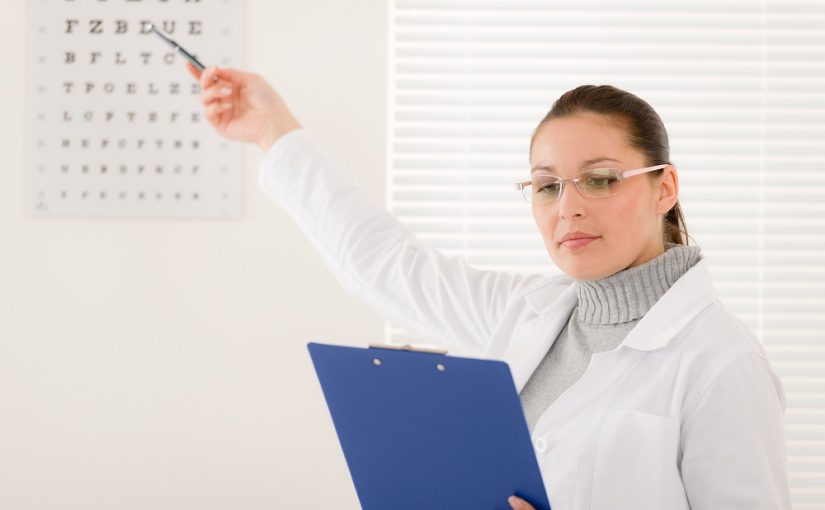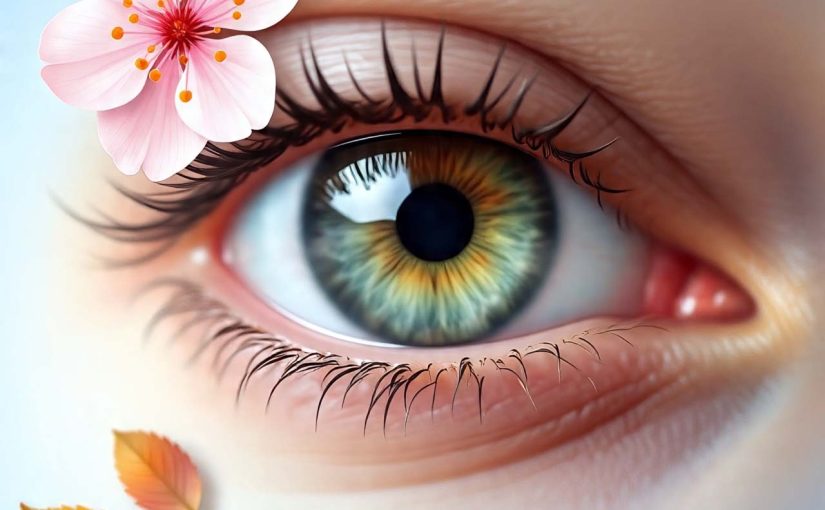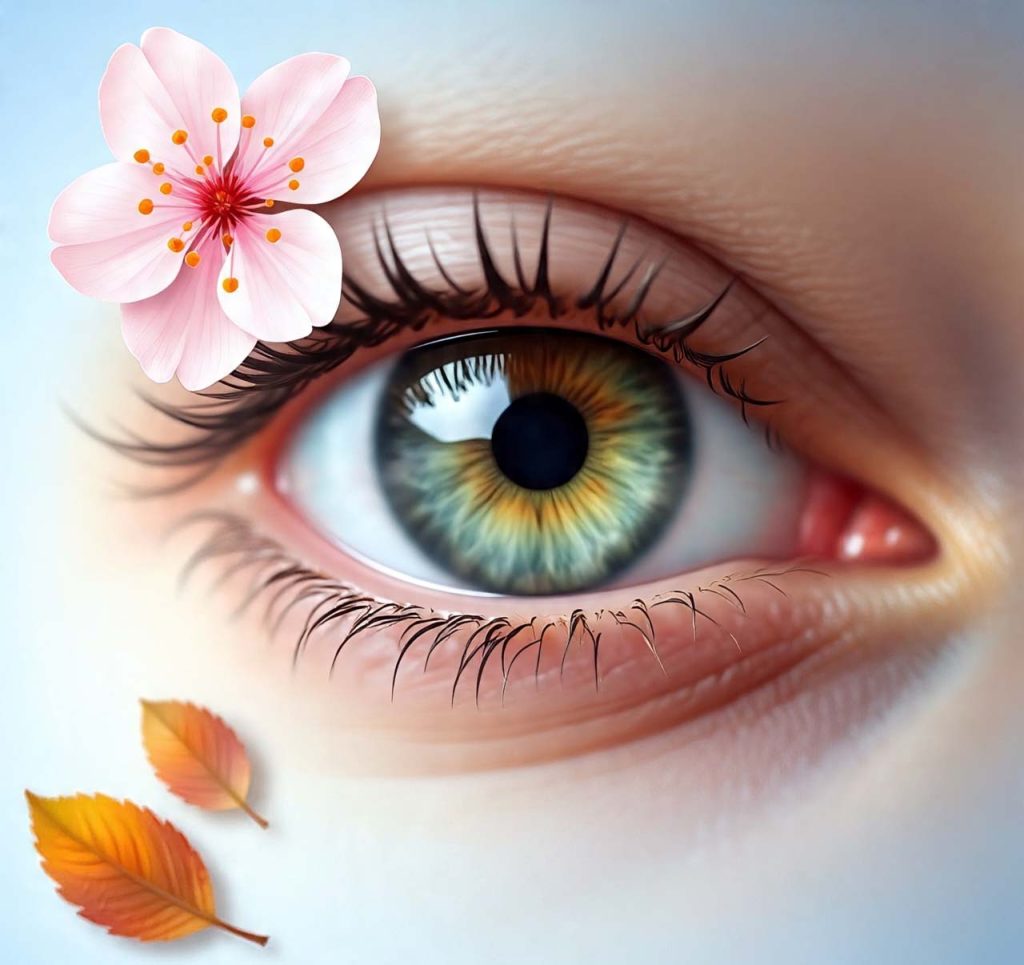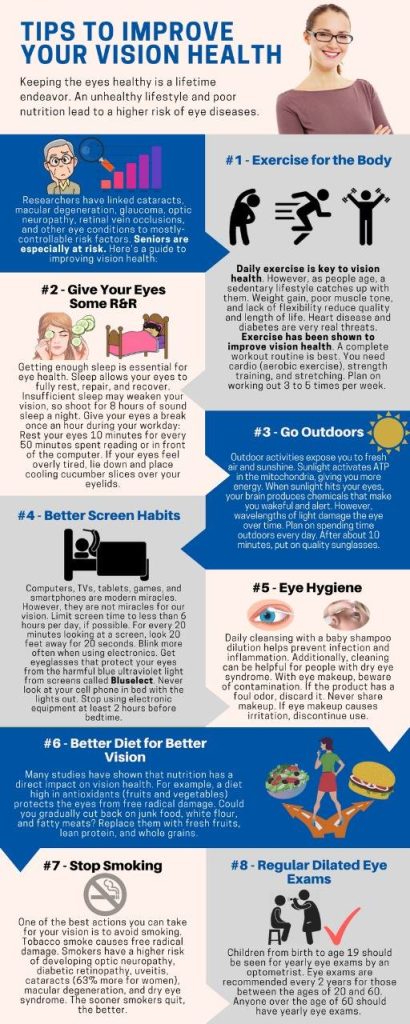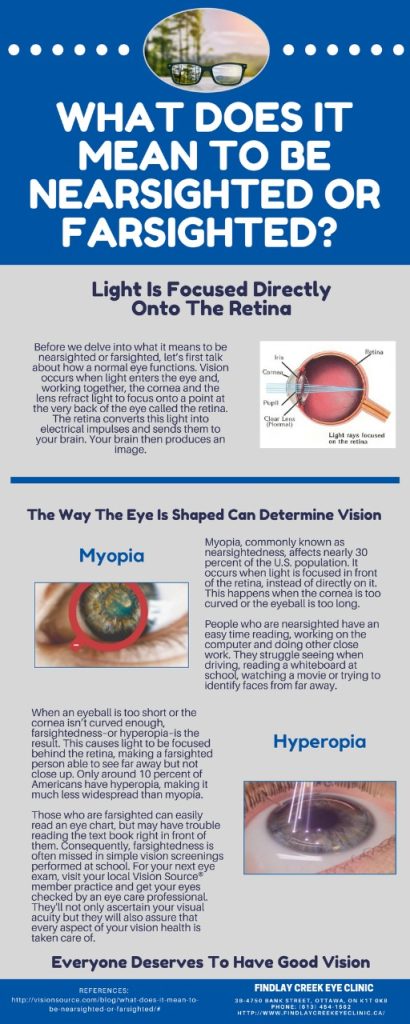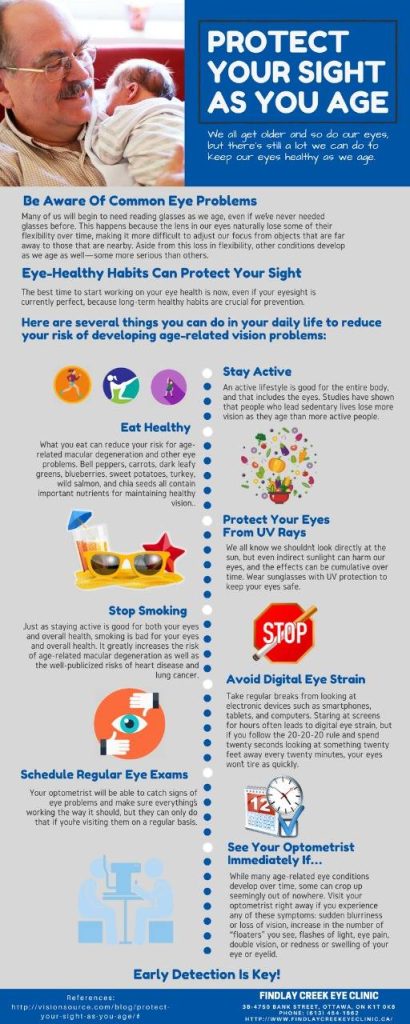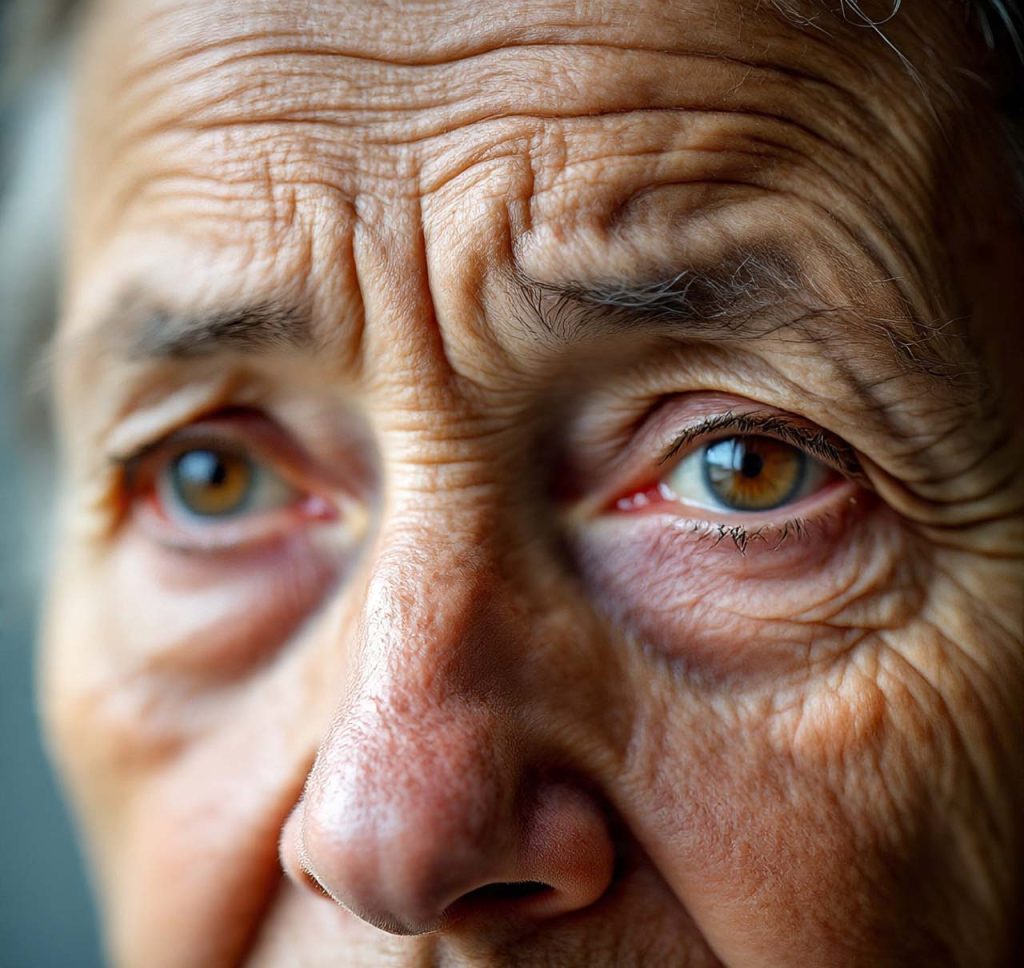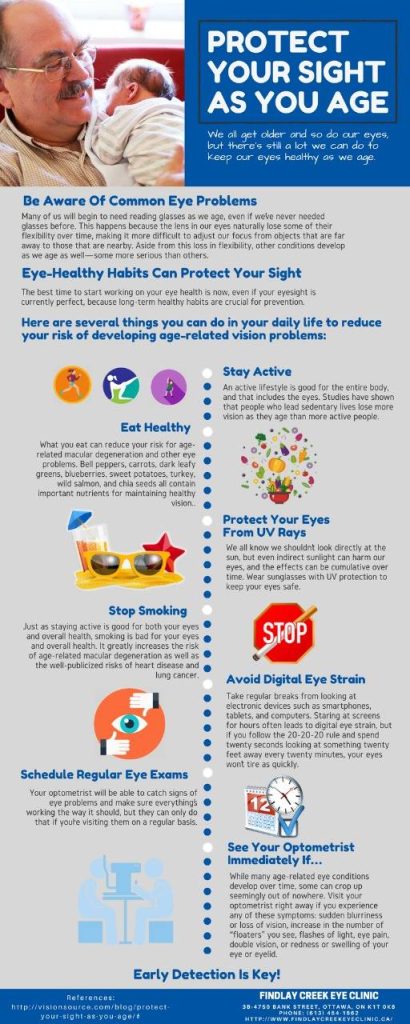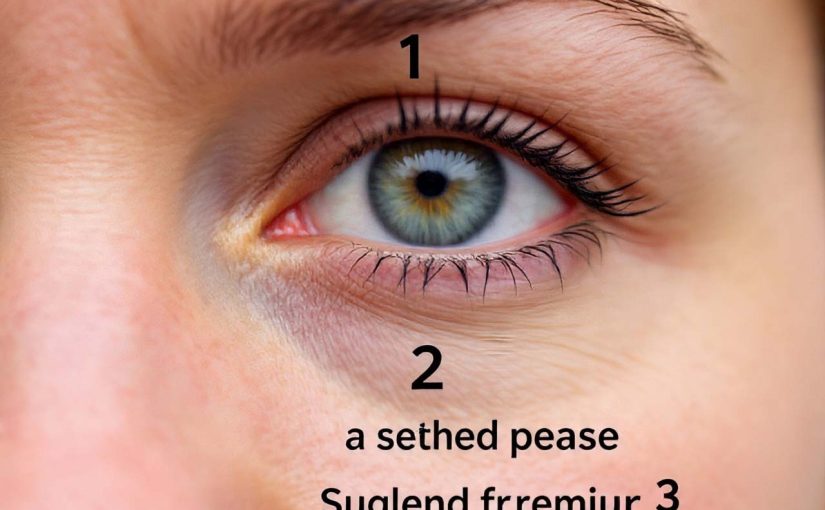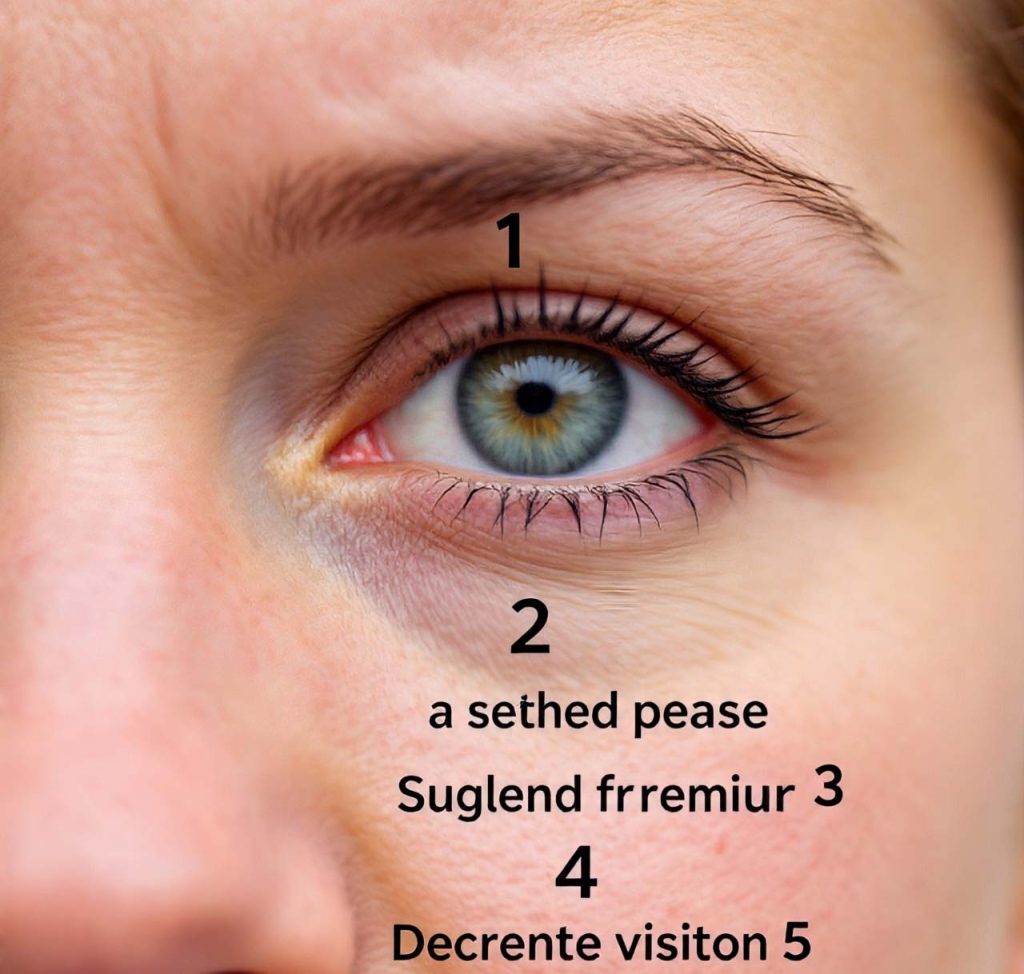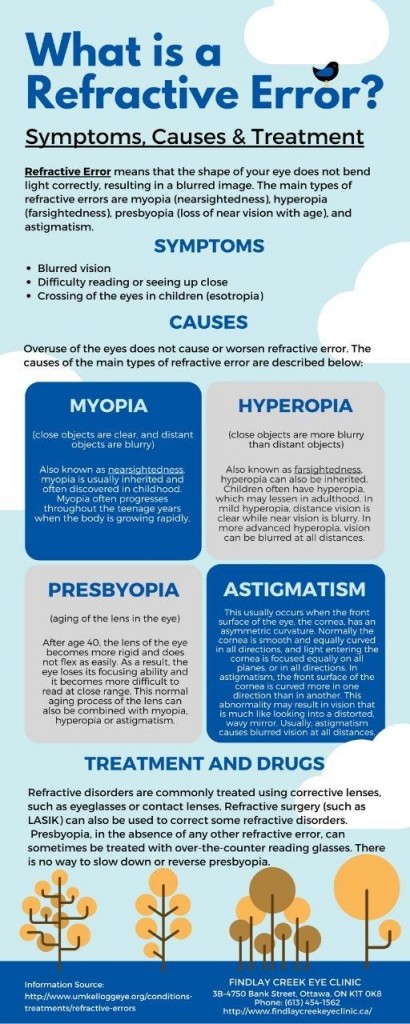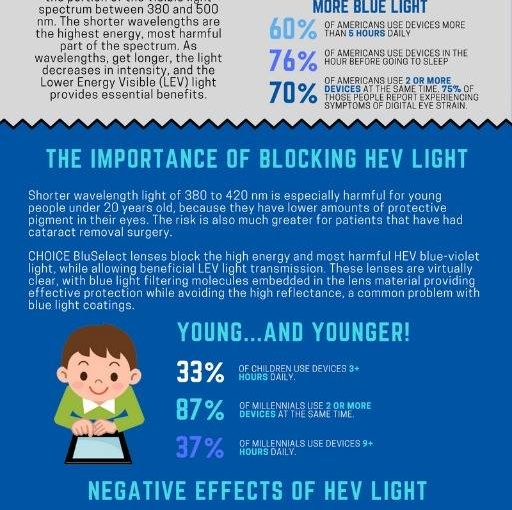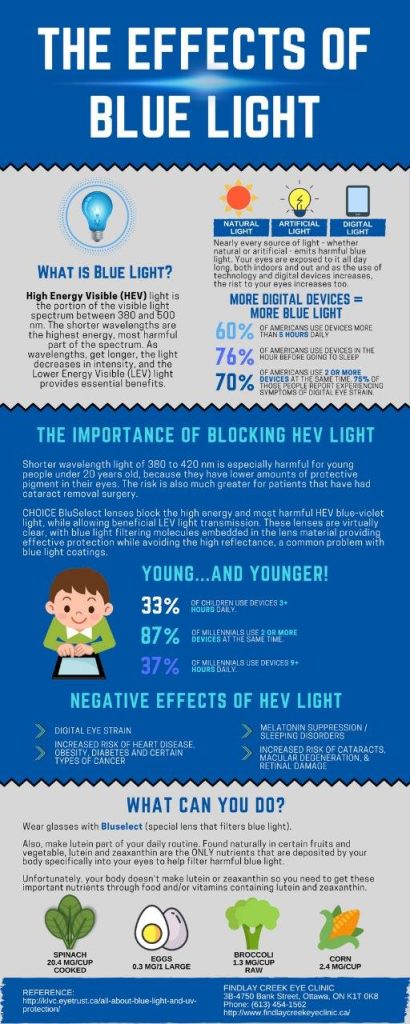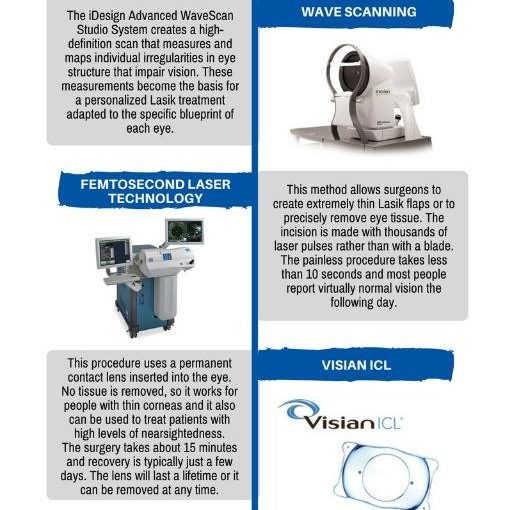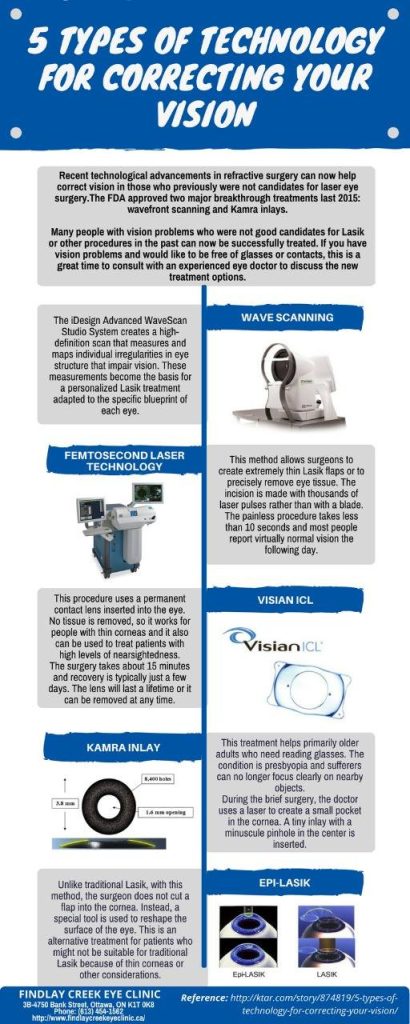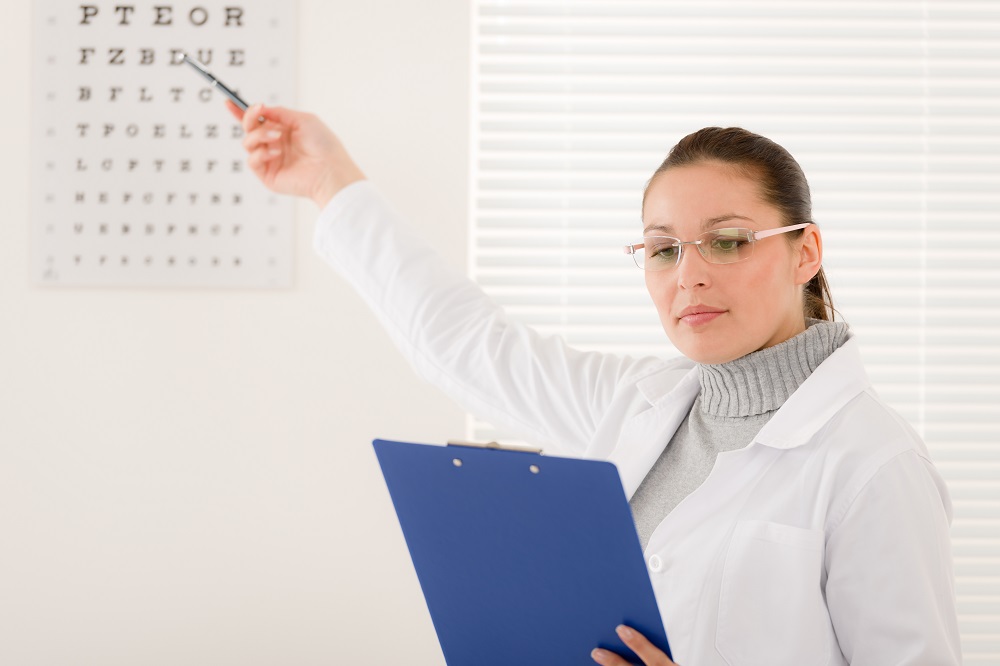
Common Eye Tests Done During A Regular Eye Exam
A lot of vision loss cases are due to macular degeneration. This is an age related vision problem which is more commonly referred to as AMD or ARMD. What makes this a serious eye problem is the fact that our eyes rely big time on the health of the macula to be able to see clearly.
Macula is the small part in the middle of the retina. It plays a vital role in our vision because it is the one responsible in controlling visual acuity. If the macula degenerates, you will be limited in your everyday activity. You will not have the sharpness of vision to see small details even in everyday objects.
Dry And Wet Macular Degeneration
There are two types of macular degeneration. They are termed dry and wet. Dry macular degeneration, which is non-neovascular, is the atrophic type while the wet macular degeneration, which is neovascular, is the exudative type.
If you get checked by an optometrist or eye doctor and you are diagnosed with macular degeneration, chances are you get the dry type. This is because between these two types, the more common is the dry macular degeneration.
What Causes Macular Degeneration and Who Are At Risk?
While the causes are to be studied further, most macular degeneration cases are brought about by aging. There are also studies that point to heredity and environment as potential causes. As we age, the cells of the macula starts to degenerate thereby causing vision problem.
Because this eye problem is related to aging, older people are at greater risk. In most cases, this vision problem is experienced by people 55 years old and above.
Aside from age, other risk factors include genetics, race, and lifestyle. If someone in the family has AMD, other members of the family may be diagnosed with AMD as well. In terms of race, it seems that more Caucasians are diagnosed with AMD compared to other races. This may have something to do with the light colour of the eyes.
Lifestyle also affects the risk of getting AMD. It is observed that smokers are most likely to get macular degeneration than non-smokers. Furthermore, obesity is also said to affect AMD. In a study published in Archives of Ophthalmology (June 2003), it showed that obese people who are diagnosed with early AMD are more likely to develop a more advanced form of this eye problem.
Progression Of Macular Degeneration
This eye problem has different stages which can be divided into early, intermediate, and late. Some people discover they have this condition when it is already on the late stage. This is the reason why a regular eye exam is very important. A visit to your optometrist or eye doctor will help prevent this condition and if you are already diagnosed with early stage of AMD, the eye doctor will be able to help you slow the progression of the disease.
Little can be done to cure it as until now, there is no known cure for macular degeneration. However, there is something that the eye doctor can do to help you cope with it or slow its progression.
Before it’s too late, visit your Ottawa eye doctor today to get a comprehensive eye exam.

